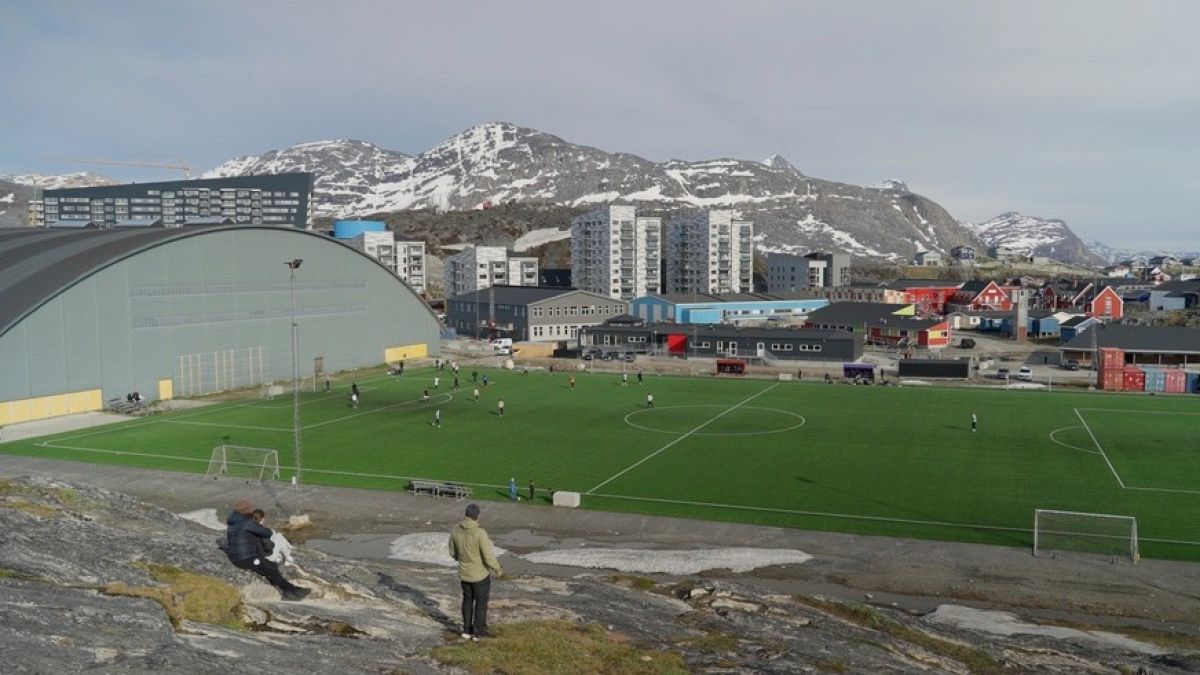

In the vast, icy expanses of Greenland, a community gathers with warmth and enthusiasm as the island’s football season begins. Though the season is known for its brevity, reflecting the frigid weather conditions, the excitement around the sport remains. Despite recent setbacks in their quest for international recognition in competitive football, the spirit of Greenland’s players and fans remains undeterred. These local competitions continue to foster community bonds and ignite hopes for future acceptance on the global football stage.
Greenland’s aspiration to join FIFA, the international governing body of football, has encountered significant challenges. Efforts to earn membership were met with hurdles, primarily due to the logistical complexities and infrastructural requirements inherent in hosting international matches on the Arctic terrain. Yet, this has not dampened the fervor of the Greenlandic people, whose passion for football transcends the difficulties posed by their geographic and climatic conditions. The vibrant matches bringing together players and fans alike serve as a testament to their enduring dedication.
Meanwhile, a different narrative of hope and innovation unfolds in the Atlantic islands, where unique tourism initiatives are pointing the way towards sustainable engagement with the ocean. These islands, scattered across the vast Atlantic Ocean, are home to diverse ecosystems and rich cultural heritages that are now being showcased as never before. Tourism, traditionally seen as a threat to the natural environment, is being cleverly repurposed to play a protective, rather than detrimental, role.
A notable example is the rise of tourism activities such as whale-watching tours and underwater archaeology explorations. These tours are often led by scientists and experts who impart knowledge while ensuring minimal ecological disturbance. By transforming tourist activities into educational experiences, these islands highlight the intricate balance between human enjoyment and environmental conservation. Visitors gain a deeper appreciation for marine life and the surrounding environment, fostering a broader public understanding and support for marine protection initiatives.
The positive ripple effects of these initiatives can be felt across communities. By incorporating educational elements and scientific expertise into tourism, there is increased awareness and protection of natural habitats, providing economic benefits as well. The sustainable practices adopted by these islands serve as an exemplary model for global tourism, proving that with thoughtful planning and execution, tourism can indeed be a force for environmental preservation rather than degradation.
While Greenland navigates its own unique sporting challenges, the resilience and innovative spirit shared by both Greenlandic football enthusiasts and Atlantic island communities offer a unified message of hopeful perseverance. As these regions continue to grow and evolve, they reflect the broader human capacity to adapt, preserve, and thrive in the face of both climate and cultural changes.
Source: {link}
